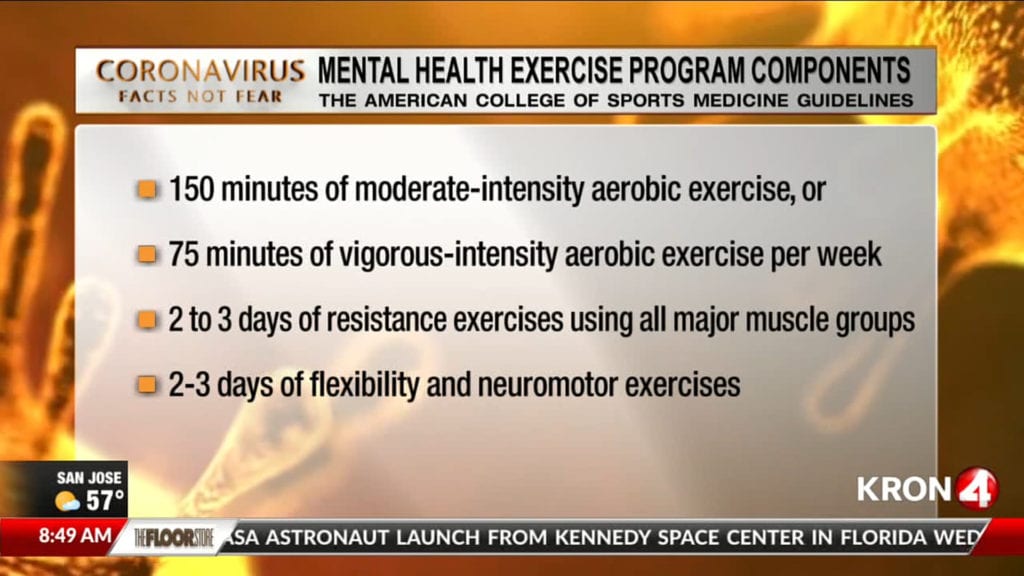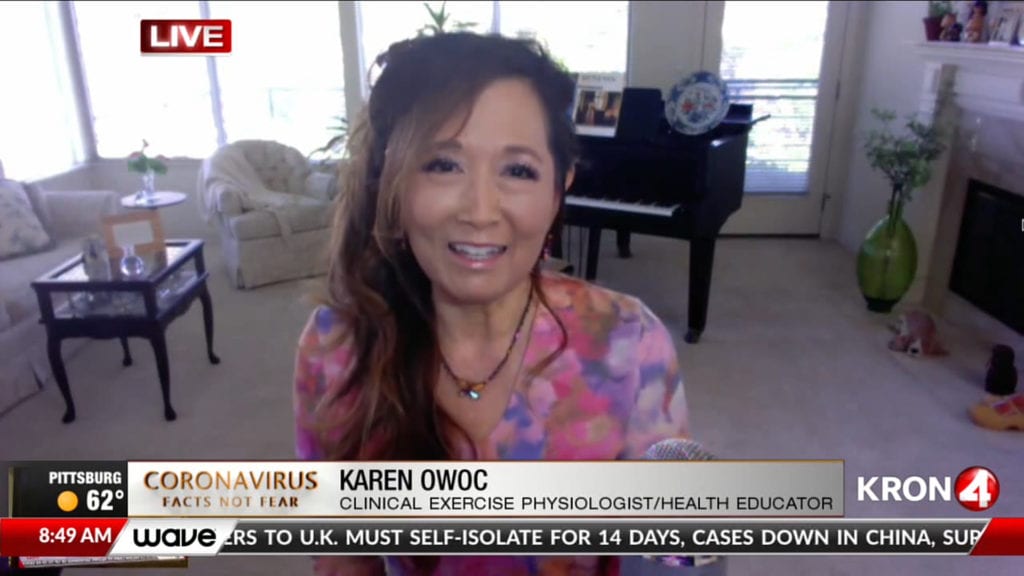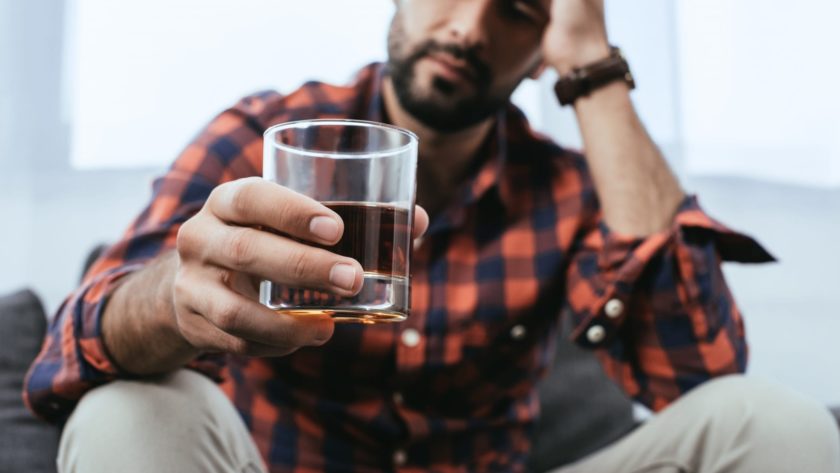According to the Centers for Disease Control and Prevention, the life expectancy in the United States has fallen during the past few years. Increased rates of drug overdoses and suicide have caused the greatest significant changes in death rates in young adults ages 25 to 44 years, and the pandemic has contributed further to those changes. I spoke with KRON4 Morning News anchor, Marty Gonzalez, and shared current strategies that enhance mental health.
The Pandemic Effect on Mental Health
Sheltering-in-place (that is, social isolation) has had more consequences for vulnerable patients who already suffer from depression, anxiety and addiction. New research estimates 75,000 deaths from drug or alcohol abuse and suicide due to conditions stemming from COVID-19.
These types of deaths are known as “deaths of despair” and are associated with multiple factors and accelerated by the consequences of the pandemic:
- Rampant unemployment
- Loss of life savings and livelihood
- An uncertain future
- Isolation
- Fear and dread
According to psychiatric experts, addiction patients are relapsing and those patients who didn’t have drug use or alcohol problems are drinking more now — sometimes daily starting from 4 or 5 p.m. until they go to sleep. This problem has been compounded since in-person support groups for alcohol and drug abuse have been temporarily canceled.
Physical Activity and Quality of Life
There is strong evidence that consistent participation in physical activity leads to positive physiological changes that reduce risk of death and contributes to improved quality of life and life expectancy in the U.S. The Physical Activity Guidelines for Americans recently updated their guidelines to include “brain health benefits” as part of the evidence-based benefits of physical activity.
Chronic Effects of Exercise vs Traditional Medication
Studies support the use of physical activity for people who suffer from persistent psychological distress, such as chronic depression and anxiety. To improve mental health, habitual exercise has been shown to be an effective strategy that positively affects both depression and anxiety.
- Exercise is easily accessible and can be self-administered.
- Exercise has fewer negative side effects compared with medication.
The research findings show that habitual exercise has positive, cumulative effects that alleviate depression symptoms.
Immediate (Acute) Effects of Exercise on Mental Health
Daily stressors, particularly in high-demand work environments, affect mood and anxiety, but fortunately, exercise has had immediate positive effects.
Research has shown that a single bout of exercise:
- Immediately enhanced mood and reductions in anxiety
- Immediately reduced anger, confusion, depression, and tension
Scheduling physical activity throughout a workday or at lunchtime can boost mood and have cognitive benefits. Cognitive benefits include: enhanced memory, processing speed, and executive function. Exercise can lead to greater productivity at work due to its ability to elevate arousal levels and increase feelings of energy.
How Much and What Type of Exercise Enhance Mental Well-Being?
Although there is overwhelming evidence that supports exercise as having a preventive, long-term, and immediate effect on anxiety, mood state, and mood disorders, there are NO current parameters for exercise (i.e., frequency, intensity, time, type).

A mental health program can include all of the following that align with maintaining physical fitness per the American College of Sports Medicine (ACSM) guidelines:
- 150 minutes of moderate-intensity aerobic exercise, OR
- 75 minutes of vigorous-intensity aerobic exercise per week
- 2 to 3 days of resistance exercises using all major muscle groups
- 2 to 3 days of flexibility and neuromotor exercises (e.g., balance and agility) exercises
Weekly accumulation of physical activity may have better psychological outcomes (i.e., greater effect on anxiety and mood). Mind-body exercise (e.g., yoga, tai chi, and qigong) has been shown to improve symptoms of depression and anxiety. These mind-body exercises have also been shown to enhance cognitive function, such as attention, processing speed, executive function, and memory.
Exercise and Suicide
Negative mental health outcomes, such as drug overdoses and suicides can be helped with consistent physical activity habits. Studies show that adults and adolescents that engage in a program that meets ACSM’s physical fitness guidelines are less likely to contemplate suicide.
Researchers found a 23 percent reduction in suicide ideation and attempts in bullied adolescents who engaged in physical activity 4 to 5 times per week compared to 0 to 1 day per week.

![]() Karen’s Tip: Movement is medicine. Meeting the minimal physical activity guidelines set forth by the American College of Sports Medicine for aerobic, resistance, flexibility, and neuromotor exercise will enhance not only physical longevity, but mental longevity as well.
Karen’s Tip: Movement is medicine. Meeting the minimal physical activity guidelines set forth by the American College of Sports Medicine for aerobic, resistance, flexibility, and neuromotor exercise will enhance not only physical longevity, but mental longevity as well.
Source: Health and Fitness Journal, American College of Sports Medicine (ACSM), May/June 2020.





